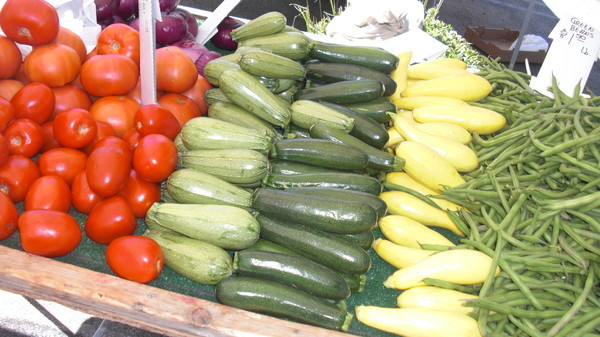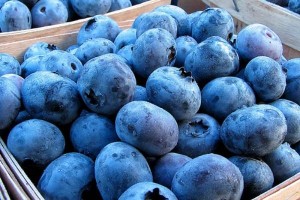A vegan diet contains only plants – such as vegetables, grains, nuts and fruits – and foods made from plants.
Vegans don’t eat foods that come from animals, including dairy products and eggs.
Healthy eating as a vegan
You should be able to get most of the nutrients you need from eating a varied and balanced vegan diet.
For a healthy vegan diet:
Eat at least five portions of a variety of fruit and vegetables every day.
Base meals on potatoes, bread, rice, pasta or other starchy carbohydrates. Choose wholegrain where possible.
Have some dairy alternatives (such as soya drinks and yoghurts). Choose lower-fat and lower-sugar options.
Eat some beans, pulses and other proteins.
Choose unsaturated oils and spreads, and eat in small amounts.
Drink plenty of fluids – the government recommends 6-8 cups/glasses a day.
If you’re having foods and drinks that are high in fat, salt or sugar, have these less often and in small amounts.
See the Eatwell Guide for more information about a healthy diet. It applies to vegetarians, vegans, people of all ethnic origins and those who are a healthy weight for their height, as well as those who are overweight. The only group it is not suitable for is children under two years of age, because they have different needs.
Getting the right nutrients from a vegan diet
With good planning and an understanding of what makes up a healthy, balanced vegan diet, you can get all the nutrients your body needs.
If you don’t plan your diet properly, you could miss out on essential nutrients, such as calcium, iron and vitamin B12.
Vegans who are pregnant or breastfeeding
During pregnancy and when breastfeeding, women who follow a vegan diet need to make sure they get enough vitamins and minerals for their child to develop healthily.
See vegetarian and vegan mums-to-be for more information.
If you’re bringing up your baby or child on a vegan diet, you need to ensure they get a wide variety of foods to provide the energy and vitamins they need for growth.
See vegetarian and vegan babies and children for more information.
Vegan sources of calcium and vitamin D
Calcium is needed for strong and healthy bones and teeth. Non-vegans get most of their calcium from dairy foods (milk, cheese and yoghurt), but vegans can get it from other foods.
Good sources of calcium for vegans include:
fortified, unsweetened soya, rice and oat drinks
calcium-set tofu
sesame seeds and tahini
pulses
brown and white bread (in the UK, calcium is added to white and brown flour by law)
dried fruit, such as raisins, prunes, figs and dried apricots
A 30g portion of dried fruit counts as one of your 5 A DAY, but should be eaten at mealtimes, not as a between-meal snack, to reduce the impact on teeth.
The body needs vitamin D to regulate the amount of calcium and phosphate in the body. These nutrients help keep bones, teeth and muscles healthy. Vegan sources of vitamin D are:
exposure to summer sunshine (late March/April to the end of September) – remember to cover up or protect your skin before it starts to turn red or burn; see vitamin D and sunlight
fortified fat spreads, breakfast cereals and unsweetened soya drinks (with vitamin D added)
Read the label to ensure the vitamin D used in a product is not of animal origin.
Vegan sources of iron
Iron is essential for the production of red blood cells. A vegan diet can be high in iron, although iron from plant-based food is absorbed by the body less well than iron from meat.
Good sources of iron for vegans are:
pulses
wholemeal bread and flour
breakfast cereals fortified with iron
dark-green leafy vegetables, such as watercress, broccoli and spring greens
nuts
dried fruits such as apricots, prunes and figs
Vegan sources of Vitamin B12
The body needs vitamin B12 to maintain healthy blood and a healthy nervous system. Vitamin B12 is only found naturally in foods from animal sources. Sources for vegans are therefore limited and a vitamin B12 supplement may be needed.
Sources of vitamin B12 for vegans include:
breakfast cereals fortified with B12
unsweetened soya drinks fortified with vitamin B12
yeast extract such as Marmite, which is fortified with vitamin B12
Vegan sources of omega-3 fatty acids
Omega-3 fatty acids, primarily those found in oily fish, can help to maintain a healthy heart and reduce the risk of heart disease when eaten as part of a healthy diet.
Sources of omega-3 fatty acids suitable for vegans include:
flaxseed (linseed) oil
rapeseed oil
soya oil and soya-based foods, such as tofu
walnuts
Evidence suggests that plant sources of omega-3 fatty acids may not have the same benefits in reducing the risk of heart disease as those in oily fish.
However, if you follow a vegan diet you can still look after your heart by eating at least five portions of a variety of fruit and vegetables every day, by cutting down on food that is high in saturated fat, and watching how much salt you eat.

